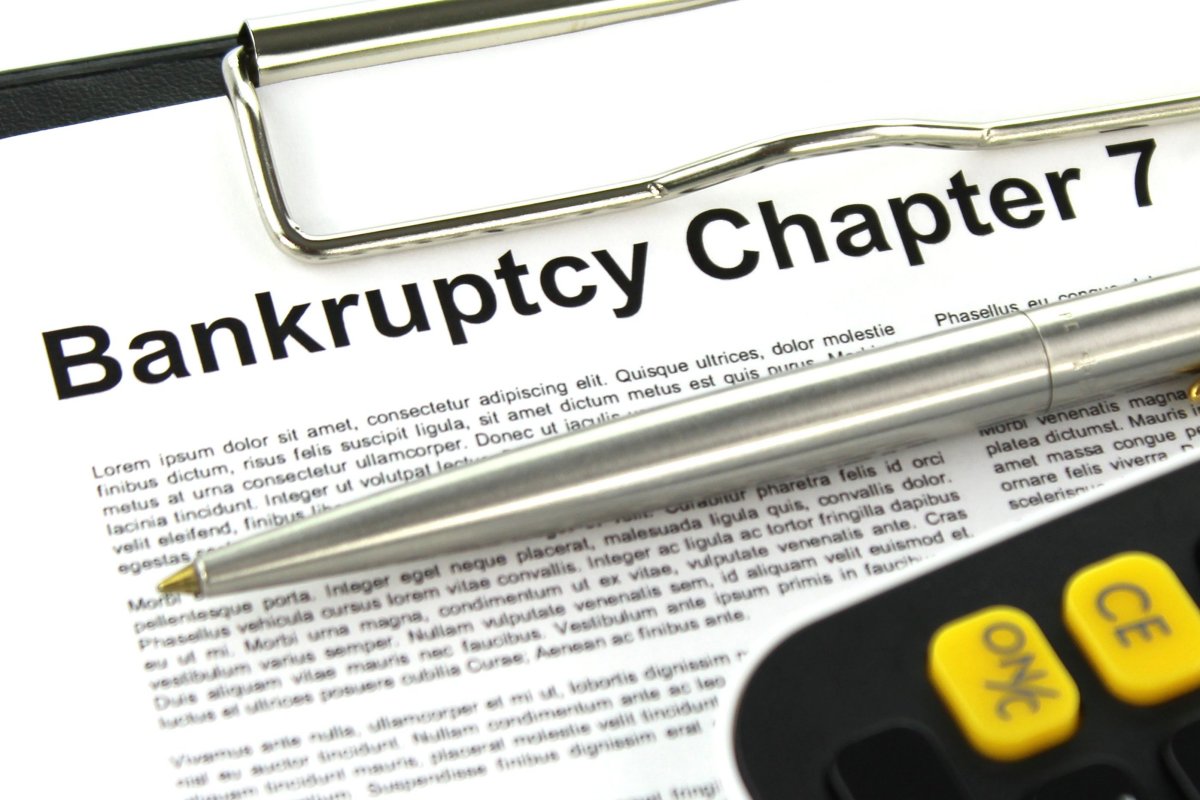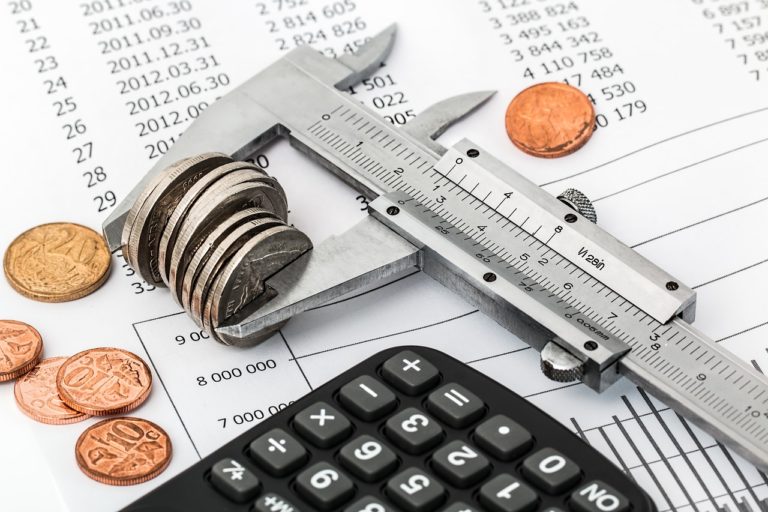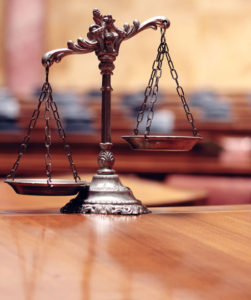If you struggle to make your credit card and loan debt payments on time, Chapter 7 bankruptcy may be right for you. Chapter 7 bankruptcy is a viable option for individuals with limited income.
For individuals who do not qualify for Chapter 7 bankruptcy, The Law Office of Brent M. Myer, PLLC can help you determine if you are eligible for Chapter 13 bankruptcy protection.
What Happens to Your Property and Assets in a Chapter 7 Bankruptcy?
Chapter 7 bankruptcy is a liquidation bankruptcy. Many of your possessions will be sold to repay your existing debts. If you want to try and hold onto property such as a home or cars, you may want to consider Chapter 13 bankruptcy.
Chapter 13 bankruptcy is known as a reorganization bankruptcy: You are given a court-approved repayment plan that lasts for either three or five years. If you complete the repayment plan and are current with all your debt payments, you will be able to hold onto your property.
How To Rebuild Your Credit After Chapter 7 Bankruptcy?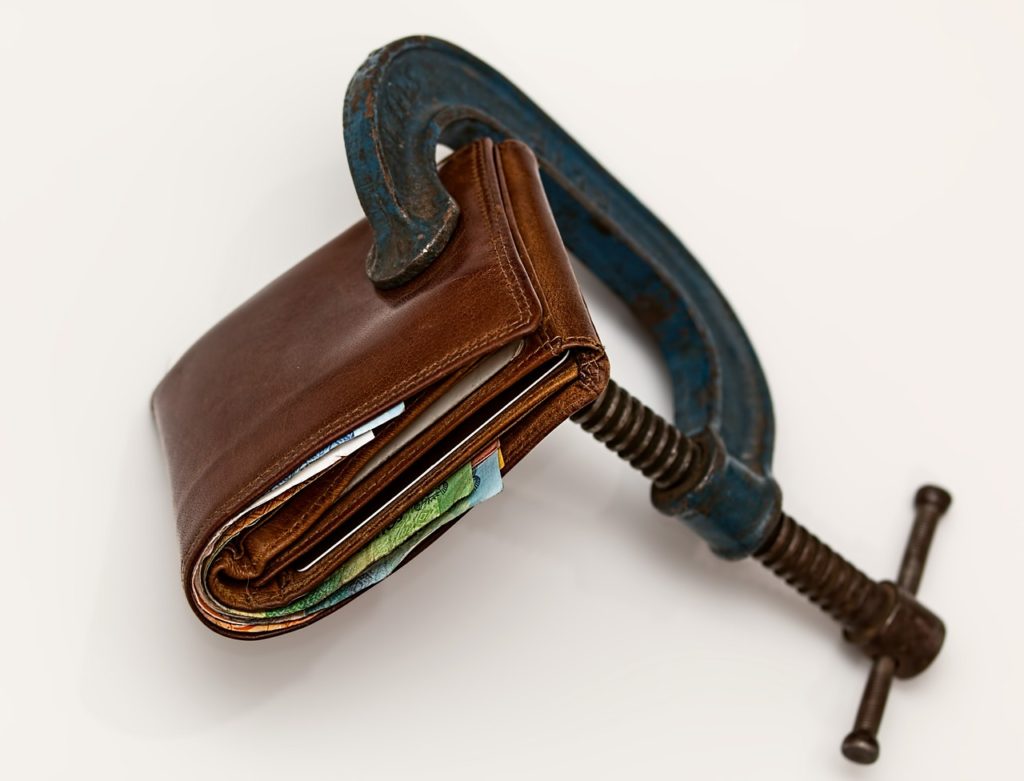
While declaring bankruptcy will have a negative impact on your credit score, over time the impact on will begin to decrease. Chapter 7 bankruptcy stays on your credit report for 10 years.
If you focus on rebuilding your credit, your bad credit will continue to rise. You can raise your credit score by opening a secured credit card. A secured credit card is basically a pre-paid credit card that will allow you to build up good credit.
Over time, your score will increase and you will be eligible for an unsecured card. Your initial credit limits may be low but will change over time depending on your monthly income and payment history.
Read about the differences between Chapter 7 and Chapter 13 Bankruptcy.
Can I keep my car after filing Chapter 7 Bankruptcy?
Under Chapter 7 bankruptcy, you will likely be required to sell many possessions to pay off your debts. Certain bankruptcy cases will allow you to keep certain possessions, up to a certain dollar limit and can be kept when you file for Chapter 7 bankruptcy.
Ask your bankruptcy attorney about what possessions will qualify for exemptions prior to filing Chapter 7 bankruptcy.
What Property Can I Keep in a Chapter 7 Bankruptcy?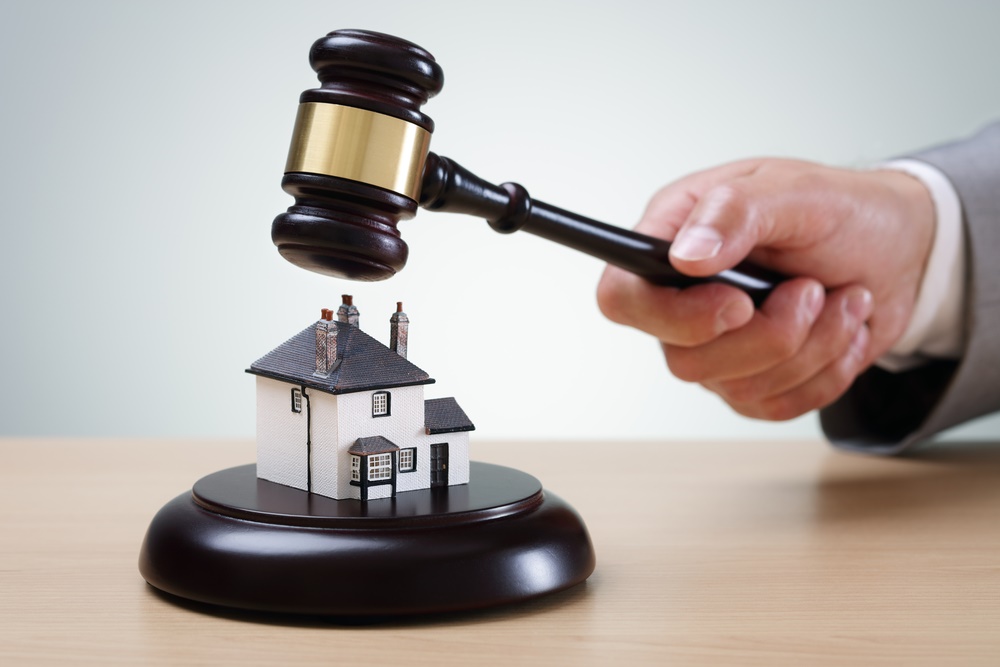
Some of your personal property may be exempt from being sold when you file for Chapter 7 bankruptcy. However, there are limits on the value of those exemptions.
Some states may allow you to choose between the federal exemption rules and state’s guidelines. Other states may insist that you use the state exemption level.
7 Types of Federal Property Exemptions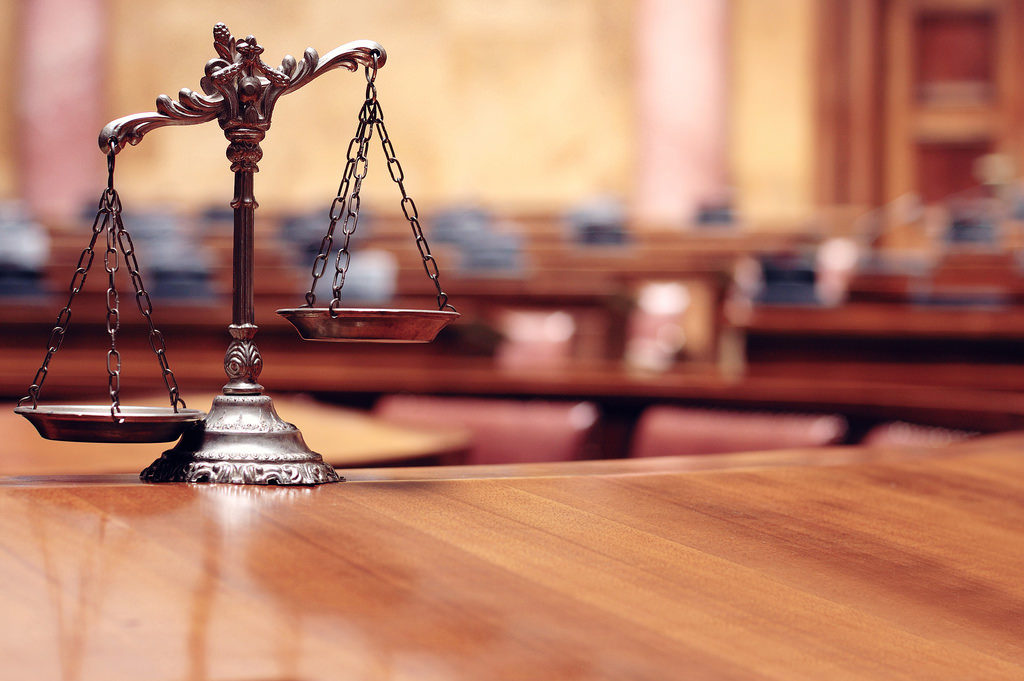
- Homestead: You can retain up to $23,675 of equity in homes, mobile homes, coops or burial plots. If you do not use all of this exemption, up to $11,850 can be used for other property.
- Home Equity: If you have less than $23,675 in equity in your home, your court-appointed bankruptcy trustee may decide to not sell the home, as there will be no proceeds to pay off your debts after applying for your exemption. That does not prevent your lender from foreclosing on the property if you are not current with your mortgage payments. If your equity exceeds the limit, the house may be sold, you will receive your exemption amount, and the rest of the proceeds will be used to pay off debts
- Motor Vehicle: Up to $3,775
- Personal Property: This includes appliances, books, musical instruments, and pets—$600 per item and a total exemption of $12,625
- Retirement Accounts: This includes all savings accounts in a 401(k) or 403(b) and up to $1,283,025 in Individual Retirement Account (IRA) savings
- Health Aids: The entire value is exempt.
- Jewelry: Up to $1,600 Married couples that file for bankruptcy together can typically double the value of exemptions
Will I Qualify for Chapter 7 Bankruptcy?
Chapter 7 bankruptcy is for people with limited income who do not have the ability to pay back at least some portion of their debts. If your household income is below the median level for your state you are eligible for Chapter 7.
If your household income is above the median, you must pass a “means test” that assesses whether you have enough disposable payment to be able to pay back some of your debts. Disposable income is income you have left over after covering essential living costs. If you are deemed to have the means to repay at least some of your debts, you will be required to use Chapter 13 bankruptcy.
What Is the Chapter 7 Bankruptcy Means Test?
If your household income is below your state’s median you are eligible to file Chapter 7 bankruptcy. If your household income is above the median you may still be able to file Chapter 7 bankruptcy if you pass the Chapter 7 “means test.”
The Means Test reviews your income for the previous 6 months. Your income for those 6 months is converted to an annual figure and compared to the median income for a similarly sized household for your state of residence. If your income is below the state median income, then you are eligible for Chapter 7 bankruptcy.
However, if your income is above the state median income, then you must complete the second part of the Means Test form.
The second part calculates your projected disposable income using a combination of your actual expenses (such as payroll tax, health insurance, mortgage payments, vehicle payments, and retirement contributions) and expenses based on U.S. Census Bureau information for similarly sized households in your state of residence (such as utility expenses, food and clothing expenses, vehicle operating expense, vehicle ownership expense, and medical expenses).
If your projected disposable income, as calculated by the Means Test, is sufficient to pay $12,850 to or 25% of your general unsecured creditors over a five-year period, then there is a presumption that a Chapter 7 bankruptcy case is an abusive filing.
But you may be able to rebut the presumption of abuse by showing a known or virtually certain change in your income or expenses that is not otherwise reflected on the Means Test form.
For instance, you may have had a loss of income that is not accounted for on the Means Test because it occurred immediately before filing the case. Or you are a contract employee and your employment contract will end shortly after filing the bankruptcy case.
Can I Get Rid of Credit Card Debt If I File Chapter 7?
Your unsecured debts such as credit card debt, and medical debt can be discharge through your Chapter 7 bankruptcy. These debts will be wiped out when the court approves your filing. This process usually takes between four to six months.
Will All My Debts Be Wiped out If I File for Chapter 7 Bankruptcy?
Filing for Chapter 7 bankruptcy protection does not eliminate your obligation to repay certain debts:
- Chapter 7 bankruptcy does not allow you to discharge student loan unless you can prove permanent injury or illness prevents you from repaying.
- Recent tax debt cannot be discharged under Chapter 7. Tax debt must be from filed returns that are at least three years old to be eligible for discharge, and you must have followed certain tax filing rules. If the IRS has placed a tax lien on any property prior to your filing for bankruptcy to recoup owed back taxes, Chapter 7 will not remove that lien.
- Alimony and child support cannot be discharged under Chapter 7 bankruptcy in any situation.
A Chapter 7 bankruptcy will wipe out your personal obligation to pay your mortgage, but your lender will be allowed to foreclose on the home. If the sale of the home through foreclosure is not enough to repay the entire mortgage balance, some states allow lenders to hold you financially responsible for the deficiency.
How Do I File for Chapter 7 Bankruptcy?
You should consider hiring a lawyer such as Brent M. Myer, PLLC who focuses on consumer bankruptcy. You will need to complete a series of official bankruptcy documents, included the Chapter 7 means test.
